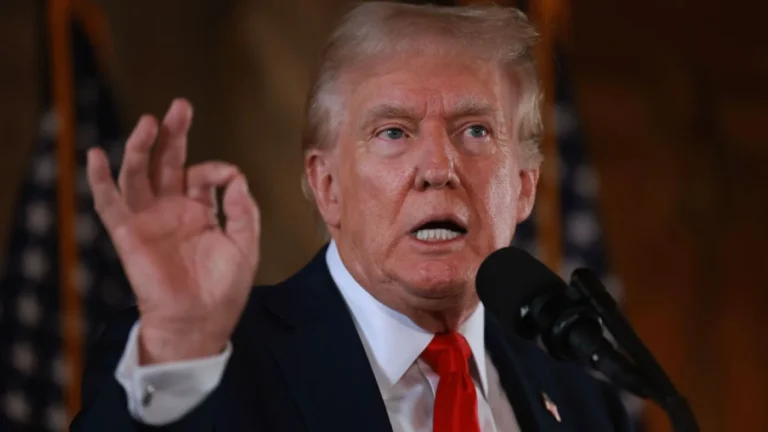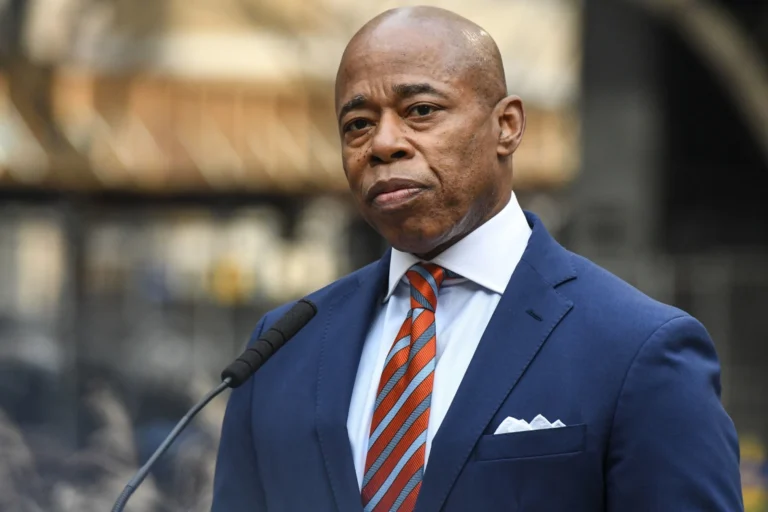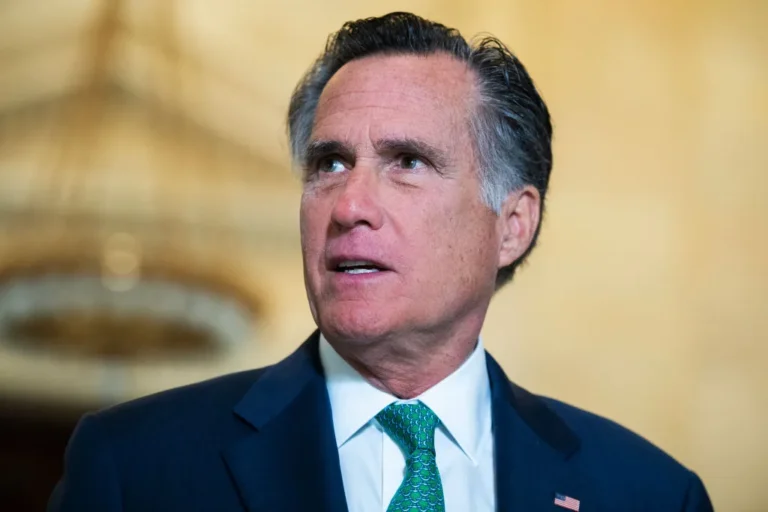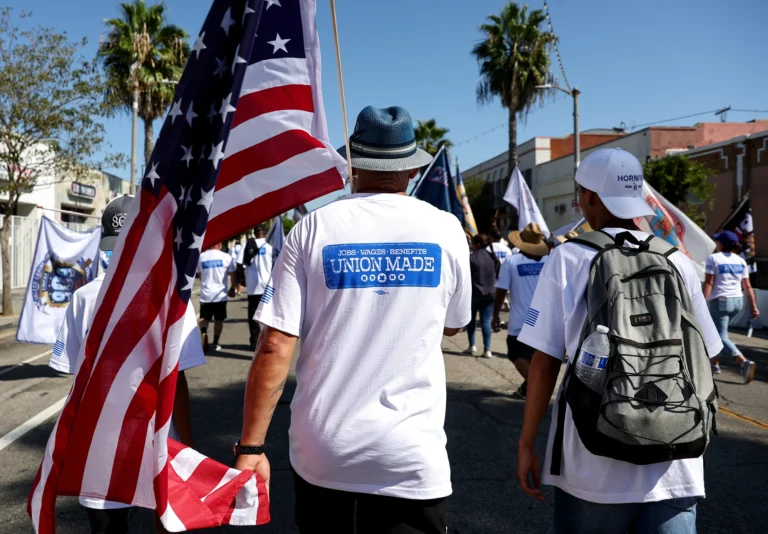GOP Faces Post-Election Challenge: Converting Trump-Only Voters into Full Republican Supporters
The latest analysis from the NBC News Politics team highlights a significant challenge facing the Republican Party after its recent election successes: the disconnect between Donald Trump’s personal coalition and the broader GOP base. While Trump’s ability to energize voters delivered critical wins in battleground states, the Republican Party struggled to translate that momentum into down-ballot victories, exposing cracks in its long-term electoral strategy.
Trump’s unique coalition of white blue-collar voters, along with new support from nonwhite, young, and first-time voters, secured him a popular vote win and victories in key battleground states. Yet in five of those states with concurrent Senate races, Republican candidates received far fewer votes than Trump. This shortfall cost the GOP four Senate races and nearly a fifth, marking a stark departure from recent trends where split-ticket outcomes were rare.
Arizona illustrates this dynamic vividly. Republican Kari Lake’s unpopularity boosted Democrat Ruben Gallego, who earned more votes than Vice President Kamala Harris, the top name on the Democratic ticket. The pattern of weaker GOP performance in Senate races compared to Trump underscores the difficulty of bridging the gap between his personal appeal and the party’s broader electoral efforts.
Two Key Issues for the GOP
The first challenge involves Trump-only voters—individuals motivated to cast ballots for Trump but who skipped other races. For example, in Nevada’s Washoe County, 6.6% of Trump voters either left the Senate race blank or chose third-party candidates. By comparison, only 4.9% of Harris voters did the same. This pattern aligns with NBC News polling, which found Trump performing best with infrequent voters, particularly younger, nonwhite, and male voters who expressed lower interest in politics overall. These individuals may have voted exclusively for Trump, raising the question of whether the GOP can convert them into consistent Republican voters in future elections when Trump is no longer on the ballot.
The second challenge involves traditional Democratic voters who crossed party lines for Trump but didn’t extend that support to down-ballot Republicans. In Wisconsin, Trump won by approximately 30,000 votes, yet Democratic Senator Tammy Baldwin was re-elected by a similar margin. Rural, blue-collar counties that historically leaned Democratic embraced Trump’s message but didn’t support Republican Senate candidate Eric Hovde. These counties underscore Trump’s unique ability to attract cross-party support, but Republicans will need to turn these one-time Democratic defectors into consistent GOP supporters in the post-Trump era.
Trump’s Defense Secretary Pick Faces Growing Opposition
Meanwhile, the GOP is grappling with internal challenges over President-elect Trump’s controversial pick for defense secretary, Pete Hegseth. The nomination has faced growing skepticism from Senate Republicans amid allegations about Hegseth’s past behavior, including accusations of sexual misconduct, alcohol abuse, and financial mismanagement.
As many as six Republican senators have expressed discomfort with Hegseth’s nomination, according to multiple sources. Given the party’s narrow Senate majority, losing more than three GOP votes would likely sink his confirmation if all Democrats oppose him.
Senator Joni Ernst (R-Iowa), a member of the Armed Services Committee, has raised serious concerns about Hegseth’s fitness for the role. “We’re just going to have a really frank and thorough conversation,” Ernst said, referencing allegations of misconduct and financial issues.
Hegseth, an Army National Guard veteran and former Fox News anchor, was accused of sexually assaulting a woman in California in 2017. While he denied the allegations and was not charged, he reportedly paid an undisclosed settlement. Additional reports from NBC News revealed that Hegseth’s drinking habits raised alarms among colleagues at Fox News, with claims that he smelled of alcohol before going on air on multiple occasions.
Initially, the allegations did not seem to jeopardize Hegseth’s nomination. However, as more details have emerged, key Republican senators, including Armed Services Committee Chair Roger Wicker (R-Miss.), have become more cautious. “I think there are questions that some members have, and we’re going to be looking for an answer,” Wicker said.






